Today’s topic is really about miscommunication. (And how that miscommunication led to a breakthrough about one seemingly simple word.)
Every 90 days, I sit down with my team for one-on-ones to go through our yearly goals. In one of our meetings last month, I was getting fired up because one of our facilitators was struggling to hit the goals they had set at the previous meeting. I don’t set goals for my team members; they set their own. “There’s something off because you say you want one thing,” I said to the facilitator, “but you’re not taking ownership. Where’s the disconnect?”
I knew the facilitator wasn’t doing anything wrong. But there was still failure going on and we needed to step back and find the missing link. There was clearly something she was afraid of, or not clear about, or there was some sort of misalignment. These things in and of themselves don’t constitute failure. Failure is getting defensive, or simply refusing to address the problem.
We weren’t able to get into any of that, however, because there was a huge disconnect. When I asked the facilitator why she wasn’t taking ownership, she got defensive. She thought I was saying that she wasn’t taking ownership of her failure to meet her goal. I was telling her to own her destiny, and she thought I was telling her to own her mistake. She left the meeting trying to figure out what she did wrong instead of focusing on what she was excited about doing.
Such a simple word and yet two very different interpretations! It took another colleague approaching me after the meeting for me to see the disconnect. I called the facilitator and apologized that I didn’t take the time to actually explain myself and what “ownership” actually means to me and how I see the team and our clients interacting with that word.
I sat back and had to think about it. I decided to look up the word “ownership” on Dictionary.com:
Ownership: (n) Legal right or possession; proprietorship.
What it would say if I wrote the dictionary (“Dictionary.com à la Christine”!):
Ownership: (n) to get excited, convicted, and passionate about taking charge of your lane.
In the end, the facilitator just needed to realign her goals. But we never got that information because she thought I was saying “Own your faults!” To be honest, I don’t really want to spend time focusing on my teammates’ faults. Taking responsibility for a fault is looking at the information, apologizing for what you could have done better, and choosing differently. Instead, I was wanting her to get excited about what she wants!
If someone is missing a goal, it’s because their energy isn’t there for some reason. It’s not an initiative they’re excited about, but rather something performance-based—something they feel like they have to do versus something they were created to do.
I don’t lead by telling people what to do. I lead people to their own answers.
To take ownership is to own what you were created for, your purpose, your vision, and run your lane. There is a problem you were created to solve, and we need your gift. The first step is cultivating your vision. We can’t take ownership if we don’t know what it is we’re owning.
Think about it: You don’t wake up one day and own a house you didn’t know about. Sometimes I think we treat our purpose that way. We live on real estate that we don’t even know about. We’re given this destiny on purpose, for a purpose, and we aren’t even acknowledging it. Part of ownership is understanding the responsibility you have over your own life.
I can say I identified my purpose and started taking ownership over my life at age 28. And I’ve never looked back.
The problem I was born to solve is helping people learn their value, why they were uniquely created, and how to turn their challenges into opportunities so that they can see the possibilities and build a culture, team, or family that truly supports each other, and that they can enjoy life with.
Are you ready to take ownership of your life and your purpose? What are you waiting for?


